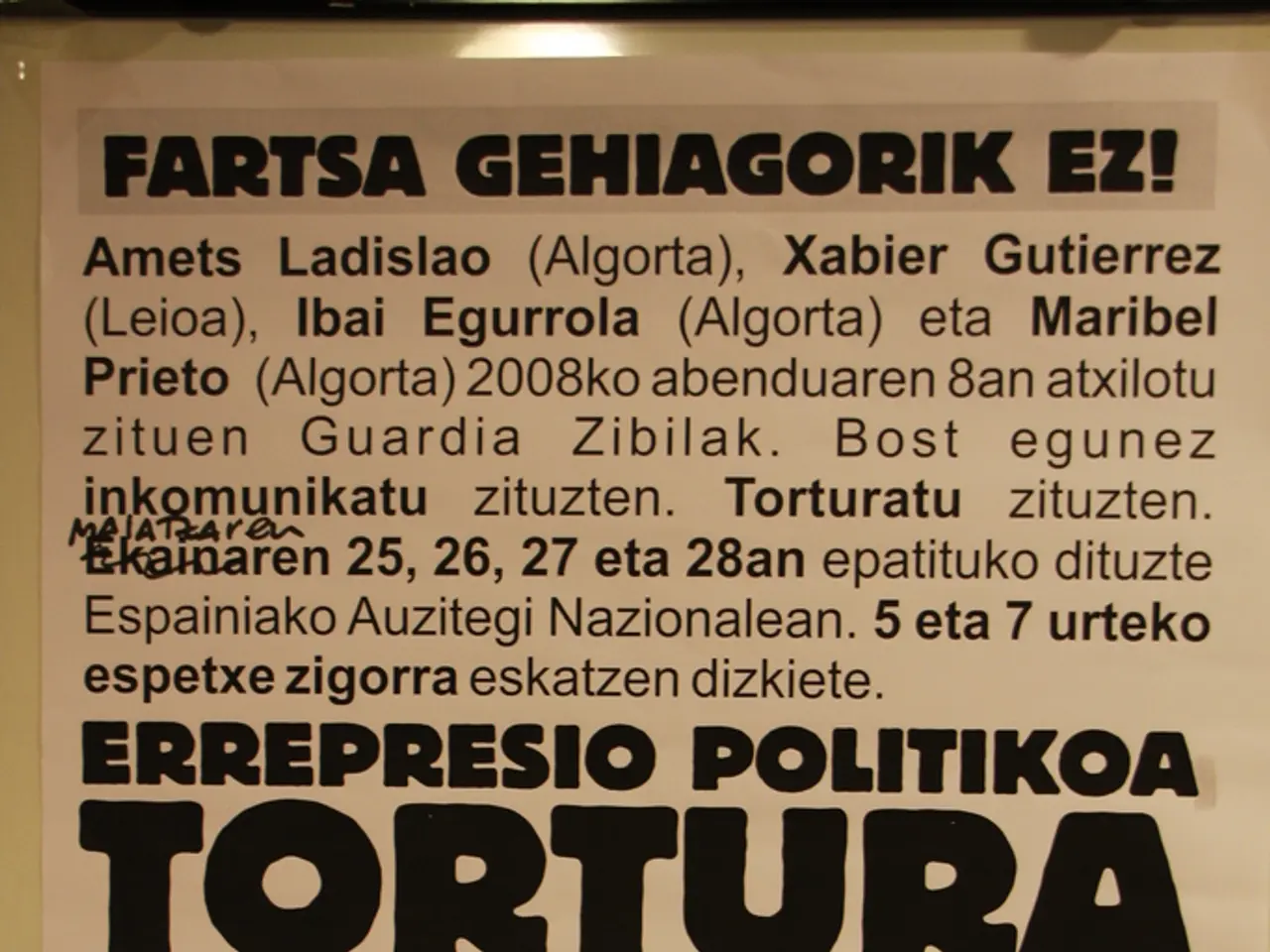Over a third of Mexicans express the opinion that complete freedom of speech cannot be fully realized in Mexico
In a recent survey by El Financiero, more than three-quarters of respondents disagreed with the statement that a citizen who criticizes a politician should be obliged to publicly apologize. However, when it comes to the broader question of freedom of speech in Mexico, the picture is not so clear-cut.
According to the poll, 70% of Mexicans agree that freedom of speech can be fully exercised in Mexico. Yet, among non-partisan respondents, 53% disagreed with this statement, and among supporters of opposition parties, 38% held a similar view. Among university-educated Mexicans polled, 39% disagreed that freedom of speech can be fully exercised in Mexico.
The concerns over free speech in Mexico are rooted in several factors. Government actions raising censorship fears have been a significant issue. Recent telecommunications reform bills sparked concerns that government control over digital platforms might enable censorship. Despite assurances from the government that it would not censor the press, modifications to the bill failed to allay fears entirely.
Violence against journalists is another major concern. Many Mexican journalists face threats, violence, and even death for their reporting. This has led to self-censorship among media professionals to avoid reprisals. Press freedom advocates link hostile political discourse against media by public officials to increased risks for journalists, amplifying the chilling effect.
Distrust in enforcement and political climate also play a role. Despite constitutional guarantees, enforcement of free speech rights is imperfect amid a climate where criticism of the government can provoke retaliation or stigmatization, further discouraging open expression.
A recent case involving Karla Estrella, a Mexican woman, highlights these issues. Estrella was ordered by the Federal Electoral Tribunal to apologize to a federal deputy on social media for 30 consecutive days after she claimed on social media that the lawmaker obtained her candidacy thanks to her husband, another deputy. Estrella was found to have committed an act of political gender violence against Deputy Diana Karina Barreras, a lawmaker with the Labor Party, an ally of Morena.
In summary, structural issues regarding state power, security, and political discourse contribute to a perception among nearly three in ten Mexicans that freedom of speech, while constitutionally protected, is constrained in practice. The Mexican Constitution states that free speech shall be restricted neither judicially nor administratively, except in cases of attack to public morality, life or individual rights, or when it produces a criminal offense or disturbs the public order. However, practical realities undermine this right in practice.
- Despite the Mexican Constitution's protection of free speech, concerns about government censorship, violence against journalists, and a hostile political climate have led to a perception that this right is not fully exercised.
- The education level of Mexicans seems to influence their views on freedom of speech, with university-educated Mexicans being more likely to agree that free speech is not fully exercised.
- The news of Karla Estrella being ordered to apologize on social media for 30 days by the Federal Electoral Tribunal for her criticism of a politician underscores the challenges Mexicans face in exercising their right to free speech, even when it comes to political gender violence.








